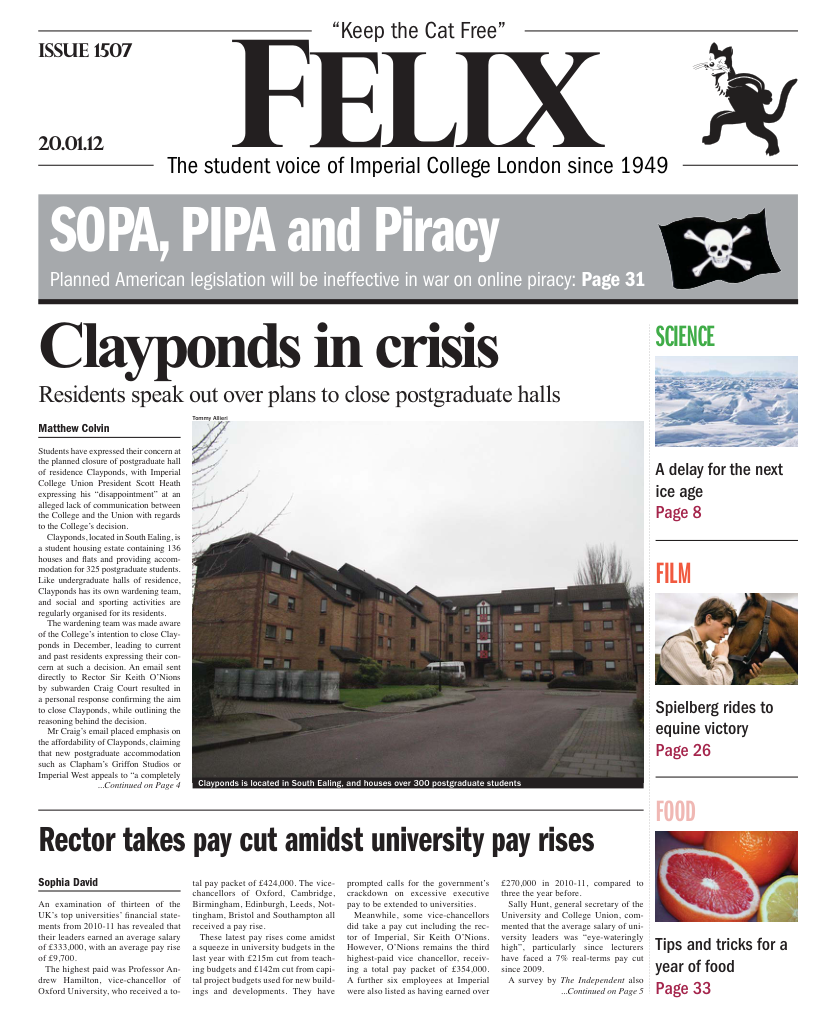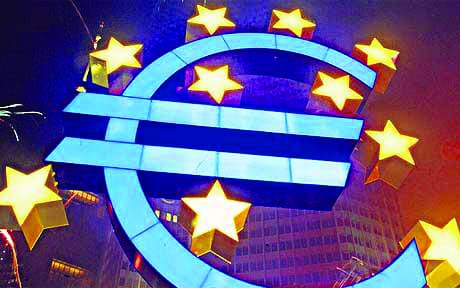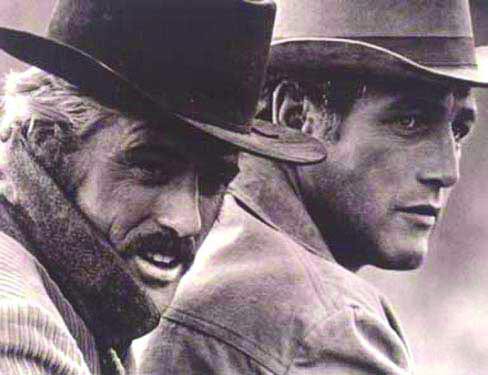Democracy and capitalism: an unhappy marriage?
Tim Zuehlsdorff discusses solutions to the apparent conflict between a free financial market and a stable economy
When Lehman Brothers filed for bankruptcy on 15 September 2008, it marked the most dramatic collapse of an U.S. firm in history. In many ways, the name of the once fourth biggest investment bank in the United States has become a synonym for the global financial meltdown that shook the world in 2008 and whose aftershocks are still felt today.
While the precise causes of the 2008 crisis are complex, many people, including U.S. Treasury Secretary Timothy Geithner, have blamed the continuous deregulation of the financial market during the Reagan era. Any attempts to reintroduce effective financial regulations in the aftermath of the crisis have been very successfully undermined, either by political opposition in the U.S. or by the indecisiveness of member states of the European Union.
All in all, the political elite of the western world has shown an alarming lack of action considering the global scale of the recent financial disaster. Proponents of the deregulated market have been quick to point out that the free market is the pillar of western democracy. Since the free market creates a healthy economy and growth, they argue, it fundamentally helps creating a healthy, democratic society, and thus any financial regulation is potentially harmful not only to the markets, but to society as a whole. This point, however, is based on the misconception that democracy and free market capitalism are pursuing the same goals, or are even based on the same concepts. It requires only a short analysis to recognize the flaws in this conception.
The overlaps are smaller than usually perceived
Democracy is fundamentally based on the concept of equality, most notably the equal weight of votes cast by each individual member of society, as well as the concept of equality before the law. However, in order for each citizen to access his given right and duty of political participation, he or she needs to be in the position to make an informed choice. From this idea, one can derive the right to equal access to information and education for each individual in a democratic society. Since people living in extreme poverty cannot be expected to take an active role in society in the midst of a daily struggle for survival, democracies have a duty to provide a certain level of care to allow every individual in need a certain standard of living. Following the same line of reasoning, it can be understood that large social inequalities are actually harmful to the idea of democracy, since they tend to create a large group of frustrated, disinterested non-voters.
On the other hand, the system of capitalism is fundamentally based on competition. Thus, it will naturally drive society towards a state of inequality rather than equality. The accumulation of wealth by one individual can only occur at the cost of other individuals. Granted, there do exist a few overlaps between the basic principles of democracy and capitalism. For example, capitalism does need a developed judiciary in order to operate. This can be observed in China, where Western companies are often struggling since their intellectual properties are not rigorously protected by the state. On the other hand, it has to be pointed out that capitalism outdates western democracies, and was working perfectly well in the old monarchies of pre World War I Germany and Austro-Hungary.
The overlaps between the basic tenets of democracy and capitalism are thus smaller than normally perceived. In fact, some concepts of capitalism are in direct conflict with the democratic ideals of equality. In January 2010 it was reported that the German Free Democratic Party (FDP) had received a donation of 1.1 million Euros from Baron August von Fink, one of the richest Germans and owner of a range of hotels. Two days after getting into power as the junior partner in a coalition with Angela Merkel’s Christian Democrats, the FDP pushed for a highly controversial law to cut the VAT on hotel room bookings. While the FDP faced a fair amount of criticism from the general population, their actions were perfectly legal under German law. But this idea that the wealthy can so openly influence politics fundamentally undermines the equality principle of democracy.
The reluctance of politicians to introduce effective regulations of the financial market after the 2008 crisis only continues a basic trend in the western world, that where necessary, the ideals of democracy are bent in favor of capitalist ideas. The scale of the 2008 events, as well as the aftermath and the current Eurozone crisis show the grave consequences of this trend. In this situation, some members of leftist parties all over Europe and especially in Greece have been calling for a return to socialist principles. These calls for abandoning capitalism altogether in order to save democracy are equally flawed however. The past has shown that socialist societies are not able to survive without radically infringing on the freedoms of individuals. The perfect unison of democracy and socialism only ever existed in Marx’ and Engel’s minds.
Rather, the west should shift focus on protecting the values of democracy as the highest good of society and bend and restrict the ideals of the free market wherever they infringe on those values. It is obvious that the values of capitalism and democracy are idealised concepts and a working marriage of the two has always been based on tradeoffs. In pushing for effective regulations of the financial markets, politicians are given the opportunity to readjust what can be perceived as a dangerous imbalance between free marked ideas and democratic principles that has manifested over the last decades. If such a readjustment cannot be achieved in the aftermath of the biggest financial crisis in decades, it is unlikely it ever will be.








